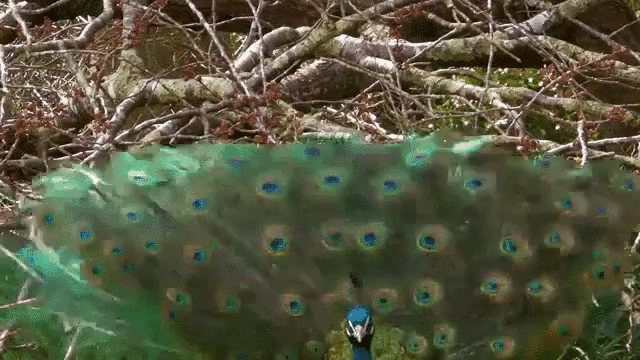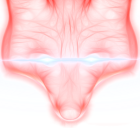Hera
Ἥρᾱ
Hera
(Ἥρᾱ, Hērā; Ἥρη, Hērē in Ionic and Homeric Greek)
Peacock is the Galactic Electric Field. Feathers train rattle, which is ripple out from the center as shake their feathers. The eyes on the feathers symbolize stars / nebulae, and these remain relatively stationary when train rattling. Simulating the stars in the galactic electric field.


Hera being the daughter of Cronos (Voltage), and Rhea (Current) - she creates the galactic electric field symbolized by the Peacock, and its train rattling feathers - with eyes on the feathers as star nebulae.
According to Plutarch, Hera was an allegorical name and an anagram of aēr (ἀήρ, "air").
Hera is the Galactic Electric Field, the Air the deities breathe is electricity
Hera bore several epithets in the mythological tradition, including: Ἀλέξανδρος (Alexandros) 'Protector of Men' (Alexandros) (among the Sicyonians) Αἰγοφάγος (Aigophágos) 'Goat-Eater' (among the Lacedaemonians[34]) Ἀκραῖα (Akráia) '(She) of the Heights'[35] Ἀμμωνία (Ammonia) Ἀργεία (Argéia) '(She) of Argos' Βασίλεια (Basíleia) 'Queen' Βουναία (Bounáia) '(She) of the Mound' (in Corinth[36][37]) Βοῶπις (Boṓpis) 'Cow-Eyed'[38] or 'Cow-Faced' Λευκώλενος (Leukṓlenos) 'White-Armed'[38] Παῖς (Pais) 'Child' (in her role as virgin) Παρθένος (Parthénos) 'Virgin' Τελεία (Teléia) (as goddess of marriage) Χήρη (Chḗrē) 'Widowed'
Her archaic association was primarily with cattle, as a Cow Goddess, who was especially venerated in "cattle-rich" Euboea. On Cyprus, very early archaeological sites contain bull skulls that have been adapted for use as masks (see Bull (mythology)). Her familiar Homeric epithet Boôpis, is always translated "cow-eyed".
Already know from decoding the hieroglyphs, that the cow symbolizes the electrical nourishment of the galaxy.
Hera is married to Zeus, which is the Electrostatic Discharge of the galactic field...
Hera's Roman equivalent is Juno
Hera* appointed Argus to watch over Io, a priestess whom Zeus* had turned into a cow. Zeus sent his son Hermes* to free Io. Hermes told stories and played music for Argus until he succeeded in making all 100 eyes go to sleep at the same time. Hermes wasted no time and slew the giant. Hera took Argus's eyes and placed them on the tail of her sacred bird, the peacock.
